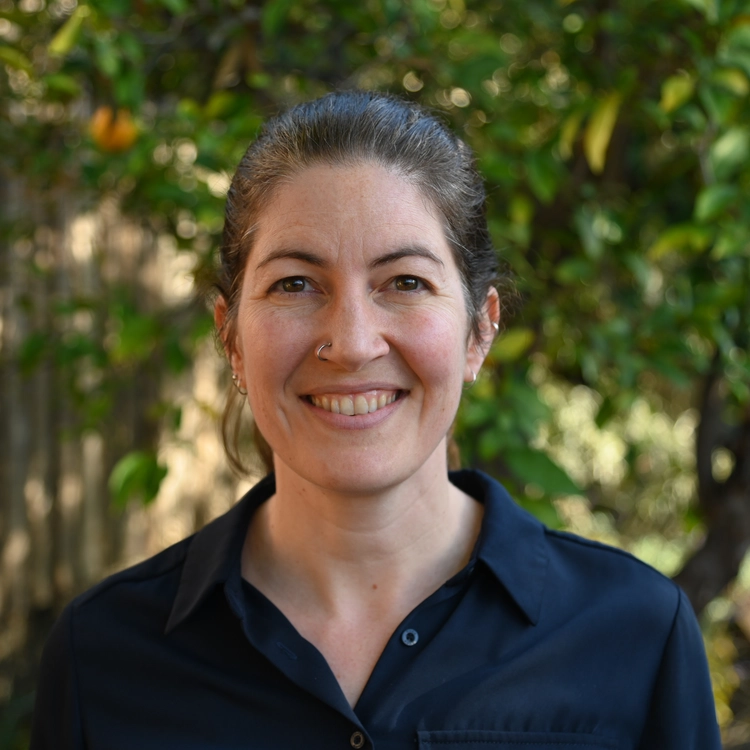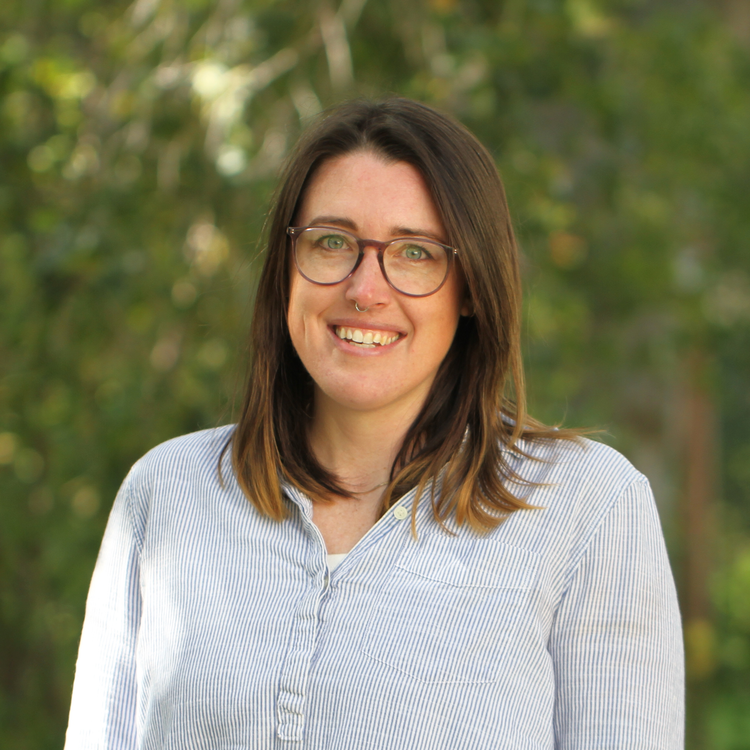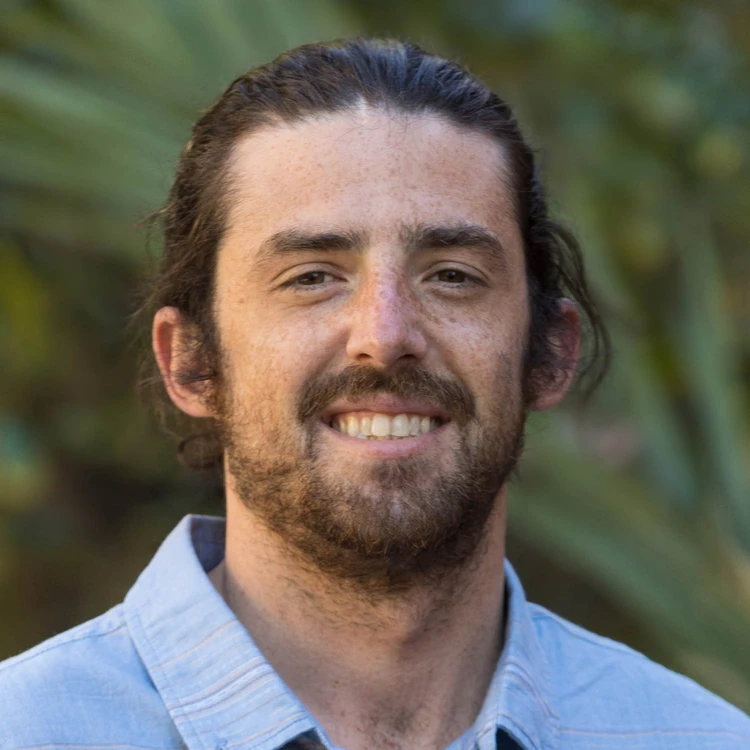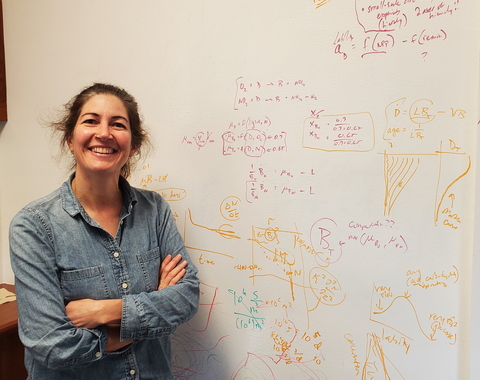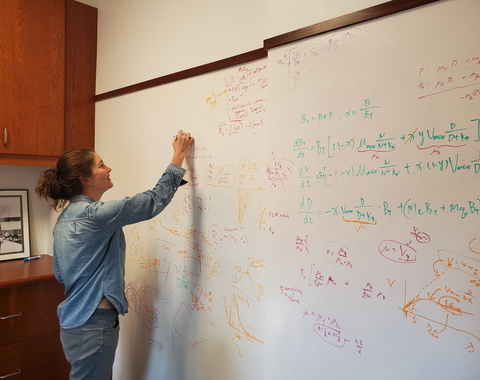Overview
Emily Zakem is a Principal Investigator at the Department of Global Ecology at Carnegie Science. Previously, she was a Simons Foundation Postdoctoral Fellow in Marine Microbial Ecology at the University of Southern California in Los Angeles. She completed her Ph.D. in Climate Physics and Chemistry in the Department of Earth, Atmospheric and Planetary Sciences at the Massachusetts Institute of Technology.
In her research, she aims to improve understanding of the connections between microbial ecosystems, global biogeochemistry, and the climate system. She uses theory and mathematical models to understand how microbial ecology drives carbon, nitrogen, and other elemental cycling. She develops broadly applicable models of microbial populations, grounded in underlying chemical and physical constraints, in order to robustly predict the biogeochemistry of past, present, and future environments.
A relatively small number of metabolic pathways drives the global cycles of climatically important elements, and microorganisms mediate the majority of this cycling. Zakem's work hypothesizes that the activity of microbes within an ecosystem is sufficiently predictable to provide insight into the formation of large-scale biogeochemical features, such as anoxic oxygen minimum zones, patterns of nitrification, and the accumulation of organic carbon.
This predictability results from an assumption that much of the large-scale function of the microbial community can be understood by reducing that activity to the underlying chemistry of metabolism and the physical limitations of a microbial cell. Interactions of diverse microbial populations with each other and the environment results in the geochemical distributions and transformation rates that we observe.
Zakem develops mathematical models with mechanistic descriptions of microbial growth and respiration to examine these distributions, their connections to the biogeography of the microbial communities, and their sensitivity and potential feedbacks to changes in climate.
A relatively small number of metabolic pathways drives the global cycles of climatically important elements, and microorganisms mediate the majority of this cycling. Zakem's work hypothesizes that the activity of microbes within an ecosystem is sufficiently predictable to provide insight into the formation of large-scale biogeochemical features, such as anoxic oxygen minimum zones, patterns of nitrification, and the accumulation of organic carbon.
This predictability results from an assumption that much of the large-scale function of the microbial community can be understood by reducing that activity to the underlying chemistry of metabolism and the physical limitations of a microbial cell. Interactions of diverse microbial populations with each other and the environment results in the geochemical distributions and transformation rates that we observe.
Zakem develops mathematical models with mechanistic descriptions of microbial growth and respiration to examine these distributions, their connections to the biogeography of the microbial communities, and their sensitivity and potential feedbacks to changes in climate.
Emily Zakem was selected for the Simons Foundation's 2024 Early Career Investigators in Aquatic Microbial Ecology and Evolution program.
“Much as we are at an ‘all-hands-on-deck’ moment in terms of the urgency of the climate crisis, we also recognize that we need ‘all-disciplines-on-deck’ if we are to identify and seek creative solutions,” said Founding Director Anna Michalak.
We sat down with Biosphere Sciences and Engineering's Emily Zakem to learn about her research, which aims to improve our understanding of the connections between microbial ecosystems, global biogeochemistry, and the climate system. She is a member of Carnegie's prestigious Staff Associate program, which was designed to empower outstanding early career scientists, enabling them to pursue bold, creative research.
